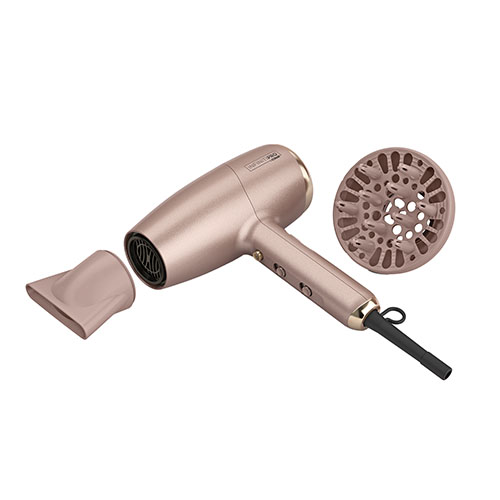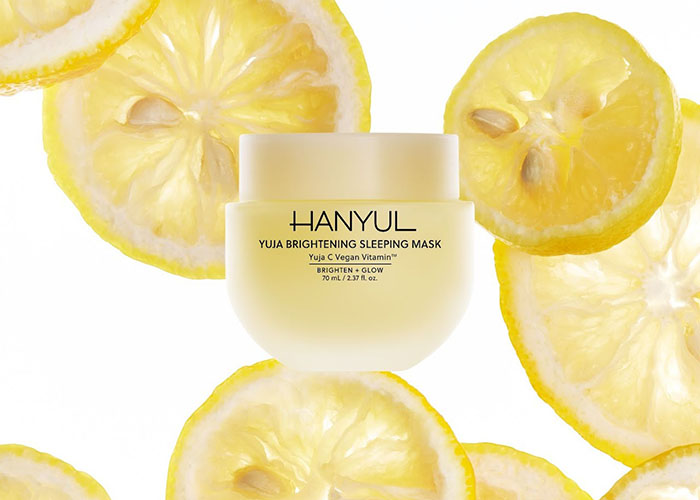Celebrated every August, Hair Loss Awareness Month is a campaign that aims to shed light on a common and often overlooked concern affecting millions worldwide. According to global estimates, about 85% of men and 33% of women will eventually experience alopecia. The causes of hair loss can be diverse, stemming from genetics, lifestyle, age, and even specific life stages, such as pregnancy or periods of high stress. To successfully combat hair loss, it is important to take a holistic approach that caters to both the scalp and hair follicles, promoting new growth and improving overall hair health. Eliza Pineda, Mayraki Professional’s in-house hair expert, shares her tips on caring for your mane if you are already experiencing hair loss and offers advice on preventing future occurrences.
Revamp Your Diet
Combatting hair loss requires a multifaceted approach, starting with a focus on a balanced and nutritious diet. Ensuring your hair receives all the necessary nutrients is fundamental to having healthy hair.
“Ensure your meals are rich in vitamins and minerals, particularly those that promote hair health, such as biotin, iron, zinc, and vitamin C. Include foods like leafy greens, eggs, nuts, fish, and fruits in your diet. Additionally, staying well-hydrated is crucial for healthy hair growth, so drink plenty of water throughout the day,” shares Eliza Pineda.
Implement a Consistent Hair Care Routin
Consistency is key when it comes to successful hair care. From regular scalp cleansing and massages to using appropriate products tailored to your hair type, it is crucial to set a routine and stick to it.
Pineda continues, “When dealing with hair loss and promoting new hair growth, it’s important to be strategic about your hair care. A common mistake is neglecting scalp health and focusing solely on the hair strands. Treat the root of the problem (pun intended). Maintaining a healthy scalp and nourished hair follicles is vital to having stronger, healthier hair. Additionally, avoid tight hairstyles that pull on the hair and instead opt for loose, gentle hairstyles that don’t cause unnecessary stress on the hair follicles.
Mayraki Professional takes pride in offering effective at-home hair loss solutions with expertly crafted formulations, catering to all stages of the hair growth cycle. The Mayraki Camellia Sinensis Tea Leaf Probiotic Sea Salt Scalp Scrub effectively cleanses the scalp, removing product buildup and dead skin cells while providing a light scalp massage that improves the blood flow to the hair follicles, facilitating the delivery of essential nutrients to the roots. For additional impact, daily use of the Mayraki Hair Growth & Anti Hairloss Shampoo Kit effectively promotes hair growth thanks to its botanical formula based on castor oil, almond oil, and the highest concentration of Artemisia argyi extract. And for those searching for an effective product that stimulates hair growth, the Mayraki Hair Growth Serum Intense with Copper Peptide GHK-Cu was designed specifically for those who suffer from excessive hair loss and hair thinning. The Mayraki Hair Growth Serum Intense uses the brand’s Specific Copper Peptide Complex combined with the power of all-natural and botanical extracts for visible results in just a few weeks of use.
Manage Stress Levels
Prolonged exposure to stress can significantly contribute to temporary hair loss. Moreover, the very experience of losing hair can trigger a distressing cycle of anxiety, further disturbing efforts to stimulate hair growth.
“Chronic stress can lead to hormonal imbalances that contribute to hair shedding. Engage in relaxation techniques such as meditation, yoga, or deep breathing exercises. Regular physical activity is also beneficial for reducing stress and improving overall well-being. However, if you’re experiencing severe or persistent hair loss, consult a dermatologist or healthcare professional to identify any underlying health issues and explore possible treatments,” Pineda concludes.
Consult A Healthcare Professional
Hair loss may stem from various underlying health conditions, such as hormonal imbalance, autoimmune diseases, and thyroid disorders.
































